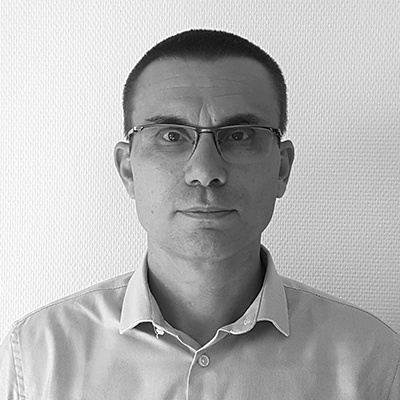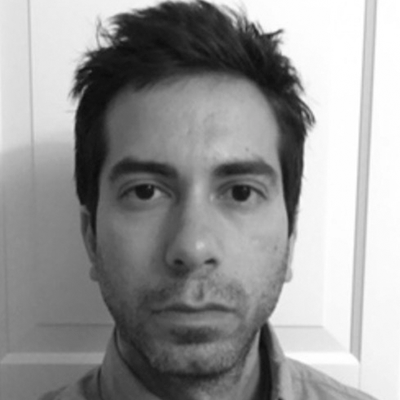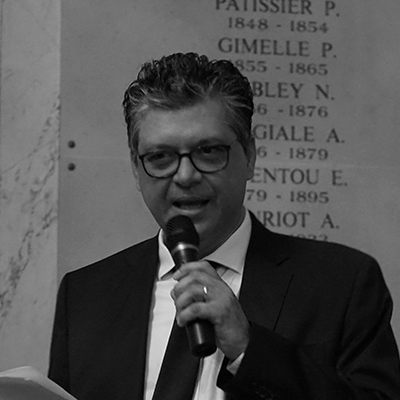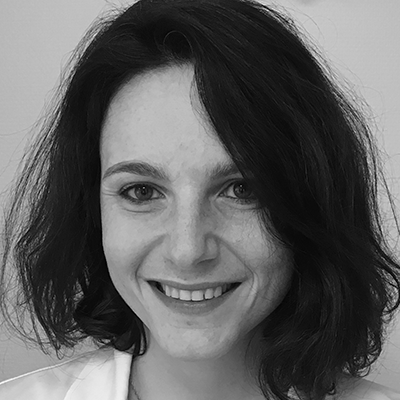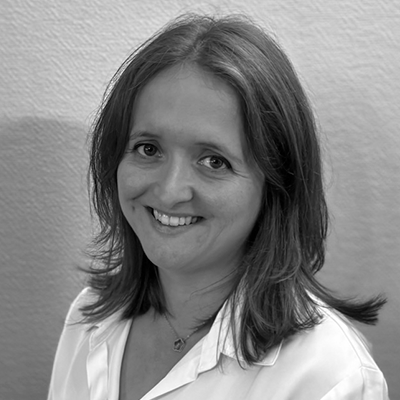Next-generation prevention clinic for covert small cerebral vessel disease.
Issues and objectives
Patients suffering from cerebral small vessel disease are currently facing a lack of care. Although it is extremely common, small vessel disease is widely under-diagnosed. Signs of small vessel disease are identified on brain imaging, often by chance (for example, when a CT or MRI scan is performed following a fall or dizziness). Most often the disease is silent or “covert”, i.e. there are no associated clinical signs of stroke or dementia, which can lead to less effective treatment. This represents a loss of opportunity for these patients, as we know that the lesions, often seen in scans, are associated with a considerably increased risk of developing stroke, dementia and loss of autonomy.
The creation of the VBHI prevention clinic is a response to this lack of care. Based on international clinical recommendations and the work of its medical and research teams, the VBHI has developed the foundations of a care protocol dedicated to patients with covert cerebral small vessel disease, which will be deployed at Bordeaux University Hospital, initially as part of a clinical research programme to evaluate and validate the approaches. At the same time, a ‘twin’ clinic will be set up at the Lariboisière Hospital (APHP – Paris), specifically for patients with rare, familial forms of cerebral small vessel disease (e.g. the hereditary cerebrovascular disorder, Cerebral Autosomal Dominant Arteriopathy with Subcortical Infarcts and Leukoencephalopathy (CADASIL).
Firmly focused on prevention, these clinics will also enable innovation in the treatment of cerebral small vessel disease. This will be done through personalised, or “precision,” prevention approaches, the evaluation of new drugs or digital therapies developed by the Institute or by partners (industrial, academic) and an overall objective to reduce inequalities in access to prevention by creating strong links with healthcare players and patient representatives in various regions.
Priority areas:
- Implementation of a new management circuit for patients presenting a covert form of cerebral small vessel disease, with a multidisciplinary approach, and removing the barriers (medical, socio-cultural, political, economic) for a paradigm shift towards earlier, more personalised prevention.
- Accelerating the transfer of research innovation for cerebral small vessel disease to patients. The prevention clinic will be setup to quickly evaluate the effectiveness, acceptability, tolerance and impact of new treatments and tools born from research.
Cerebrovascular health is an essential component of healthy cerebral ageing. Cerebral small vessel disease, which is extremely common in the general elderly population, is one of the main causes of stroke (both infarction and cerebral haemorrhage), cognitive decline and dementia, as well as depression, problems with balance and walking and loss of independence. In France, it is estimated that more than 5 million people over the age of 65 suffer from extended forms of cerebral vessel disease diseases, and could benefit from treatment to delay its effects.
Our experts
Your help is essential in the fight against stroke and dementia, and for the promotion of healthy brain ageing.
By supporting cutting-edge research to develop new prevention strategies and personalised therapies for vascular brain diseases, you are helping reduce the burden of these diseases worldwide.
Your donation entitles you to a tax reduction.
E.g.: If I am taxable and I donate €50, my donation will only cost me €12 after tax reduction.
